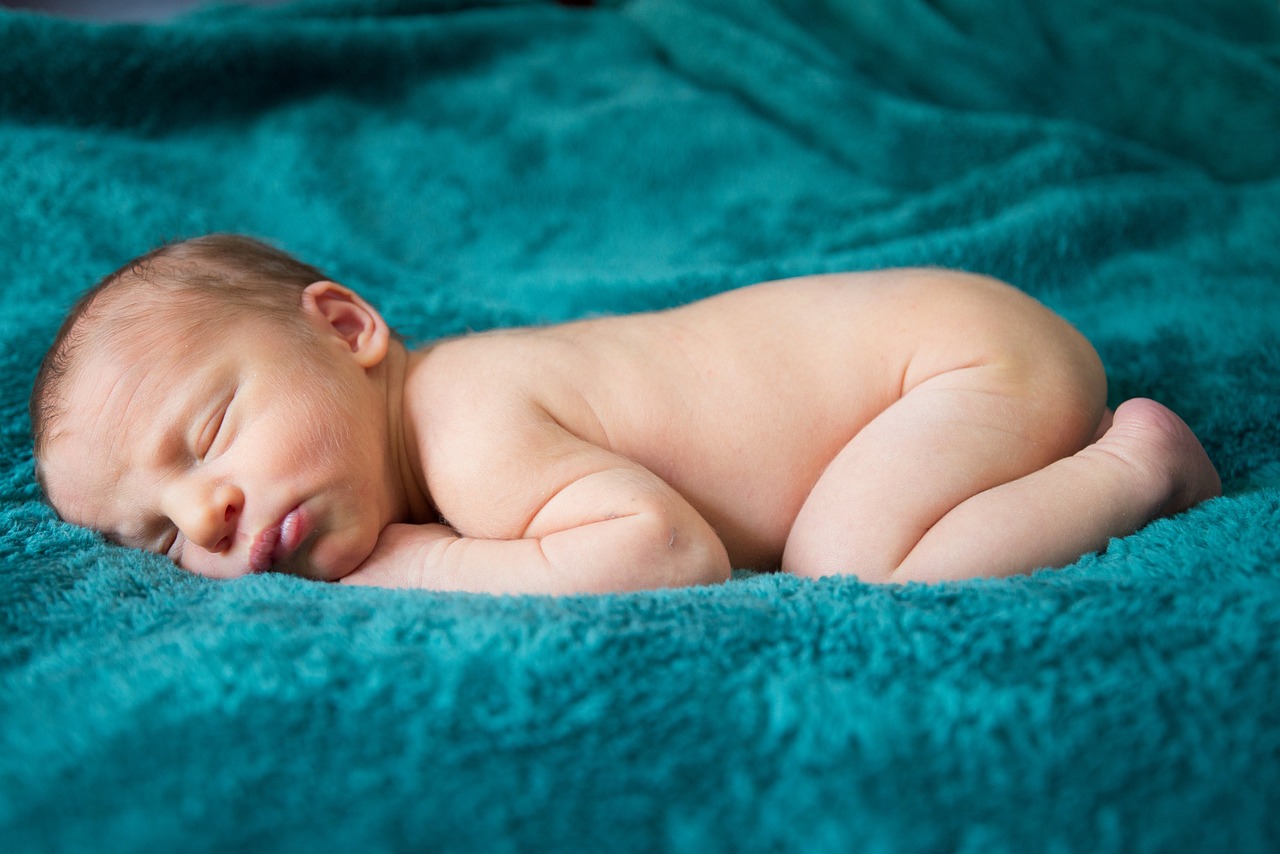 What is jaundice?
What is jaundice?
Jaundice presents yellow skin and yellow whites of the eyes. It is caused by an excess of bilirubin in the blood. Bilirubin is processed in the liver, and newborns’ livers take some time to function normally. Jaundice pops up within the first five days of existence and then typically lasts up to a month as your infant’s liver gets better at processing bilirubin. If your child has darkly pigmented skin, you can check for yellowness by pressing on your baby’s skin and observing the blanching for yellowness.
Jaundice is a common condition in newborns. It occurs in about 60% of term newborns. However, in some cases, it can be a sign of something more serious. Though it is common, it’s still essential for your baby’s bilirubin to be checked in the hospital. Following up with your pediatric healthcare provider to help you monitor your infant’s jaundice is also essential.
Jaundice and Breastfeeding
Jaundice is more common in breastfed babies than formula-fed babies. Again, jaundice is common and isn’t necessarily a sign of something wrong. As breastfeeding parents develop more milk and babies drink more, it will help keep bilirubin levels down.
 Treatment
Treatment
Treatment is unnecessary for most infants, as it will go away independently. If your infant is not getting enough breastmilk, consider supplementing with formula or donor breastmilk. In addition, expose your child to sunlight once an hour for 15 minutes. Your infant can be in direct sunlight uncovered for a short period of time; however, avoid direct sunlight on the face. Indirect sun can also be beneficial.
However, in extreme cases, phototherapy can help to lower the bilirubin level. For some infants, drinking formula instead of breast milk can help reduce bilirubin. In rare cases, jaundice must be treated with a blood transfusion to decrease bilirubin quickly.
When Jaundice is a Sign of Something Else
In rare cases, jaundice can signal an overabundance of bilirubin that can affect the brain. The condition is called kernicterus and affects fewer than 1% of newborns.
When to Contact Your Pediatric Healthcare Provider
Your infant…
- Looks yellower than usual, and the yellowness spreads below the knees
- Is sleepy and lethargic
- Is fussy and inconsolable
- Eats poorly and is not wetting their diaper or pooping
- has a fever
- Is vomiting frequently
- Arches their back or has unusual behavior
For questions and comments, respond to this post or contact us.




